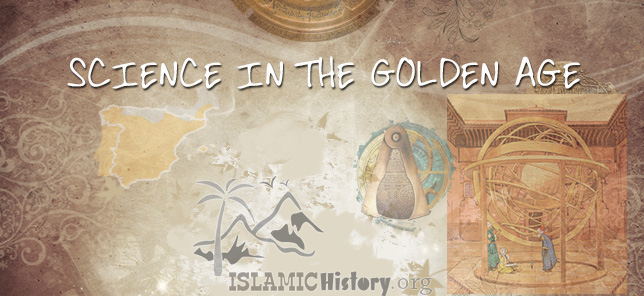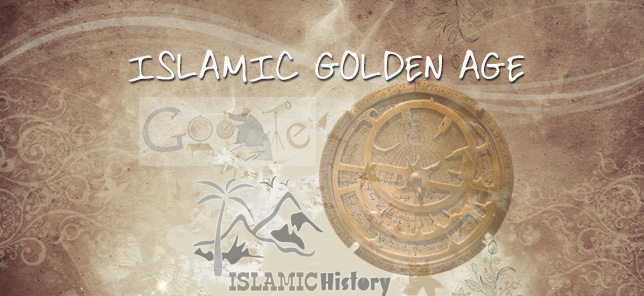Written by Paul Lunde Illustrated by Michael Grimsdale Additional illustrations courtesy of Bodleian Library Towards the end of the 10th century, Ibn al-Nadim, son of a Baghdad, bookseller and boon companion of Abbasid caliphs, compiled an annotated bibliography of books that had passed through his hands during the course of his long and active life. The sheer number of books that he lists, to say nothing of the range of their subject matter,...
The Golden Age
The Islamic Golden Age is traditionally dated from the mid-7th century to the mid-13th century during which Muslim rulers established one of the largest empires in history. During this period, artists, engineers, scholars, poets, philosophers, geographers, and traders in the Islamic world contributed to agriculture, the arts, economics, industry, law, literature, navigation, philosophy, sciences, sociology, and technology, both by preserving...
Muslim scientists and inventors, including Arabs, Persians, and Turks, were probably hundreds of years ahead of their counterparts in the European Middle Ages. They drew influence from Aristotelian philosophy and Neo-platonists, as well as Euclid, Archimedes, Ptolemy, and others. The Muslims made innumerable discoveries and wrote countless books about medicine, surgery, physics, chemistry, philosophy, astrology, geometry, and various other...
The foundation of this legacy was the astonishing achievements of Muslim scholars, scientists, craftsmen, and traders during the few hundred years or so that are called the Golden Age. During this period, from 750 to 950, the territory of the Muslim Empire encompassed present-day Iran, Syria, Iraq, Egypt, Palestine, North Africa, Spain, and parts of Turkey and drew to Baghdad peoples of all those lands in an unparalleled...
The early ‘Abbasids were also fortunate in the caliber of their caliphs, especially after Harun al-Rashid came to the caliphate in 786. His reign is now the most famous in the annals of the ‘Abbasids – partly because of the fictional role given him in The Thousand and One Nights (portions of which probably date from his reign), but also because his reign and those of his immediate successors marked the high point of the...





